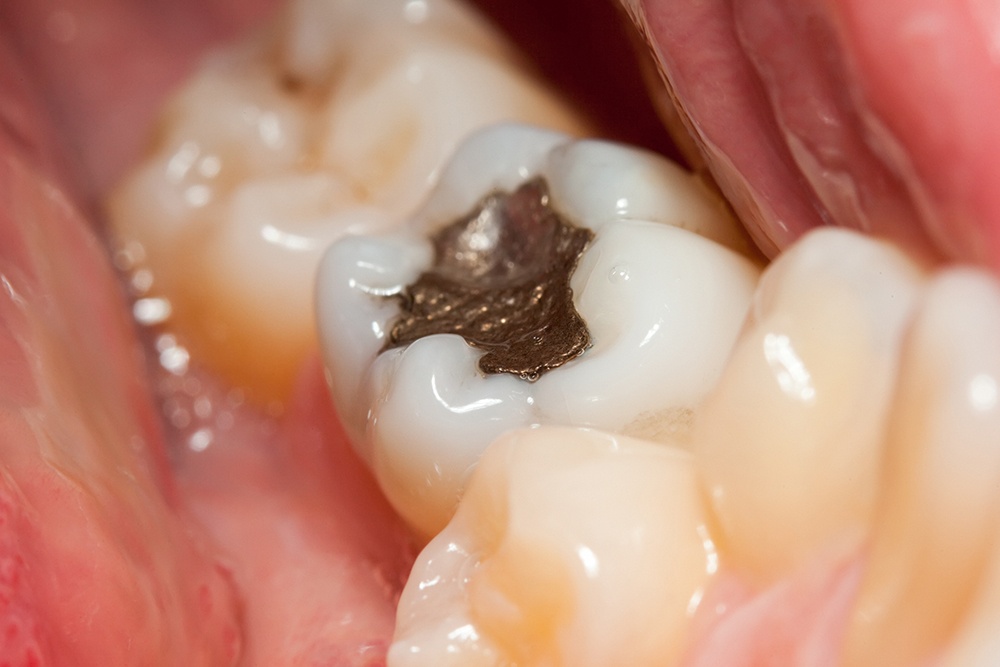Blog
Dental hygiene tips for healthy teeth & gums

How Tooth Decay Can Be Prevented
Dental cavities are infection that is caused with the combination of carbohydrate containing food and bacteria that reside in our mouth. This bacteria gradually develops as plaque. When bacteria come across carbohydrates, they eat them and produce acid. This exposure to acid causes pH on tooth surface to drop. The acid begins to dissolve the hard enamel that forms the outer coating of the teeth. As the cavity starts building, it attacks the softer dentin directly beneath the enamel. Cavities attack the teeth in multiple ways.
Pit & Fissure: These are grooves visible on top biting surfaces of the back teeth (molars and premolars). Pits and fissures are thin areas of enamel that trap food and plaque and forms a cavity. Cavity starts building from a small point and starts spreading to the biting surface of teeth.
Smooth Surface: The second route of attack is from a smooth surface which is between, on the front or back of teeth. The area of attack is wide and converges as it enters the deeper layer of tooth.
Root Surface: The third attacks starts at the root surface after it is exposed to the oral cavity.
How to Identify If You Have a Cavity?
Cavities are generally painless. This happens because the outerenamle has no nerves. The most common symptom related to cavity formation are increased sensation to cold, sweet food or beverages. Cavity is often responsible for a broken tooth. It weakens the tooth, especially when it is formed under a tooth cusp.
Regular dental exams twice a year, will greatly reduce the likelihood that a dental cavity will go undetected and spread, causing toothache pain and infecting the dental pulp.
How Dentists Detect Cavities?
Cavities can be detected in multiple ways. The most common one is an X-ray examination. During clinical examination, our dentist will use a handheld instrument to probe the tooth surface for cavities. Visual examination is also used to detect cavities. Discolored teeth can also sometimes indicate a cavity formation. Regular dental examination prevents tooth decay. With the help of dental examination, one can easily detect hidden cavities that are impossible to detect visually.
Who Is at More Risk for Developing Cavities?
People having reduced saliva flow due to dysfunctioning of salivary glands, have undergone chemotherapy or someone smoking is likely to develop cavities. Saliva rinse away plaque and food debris and help neutralize acid. Some people have naturally low level of oral pH that makes them more likely to have cavities.
Consult San Antonio Dental Office TX to reduce the effect of cavities with the best treatment options available.
Book Appointment to find out which treatment might be best for you.


